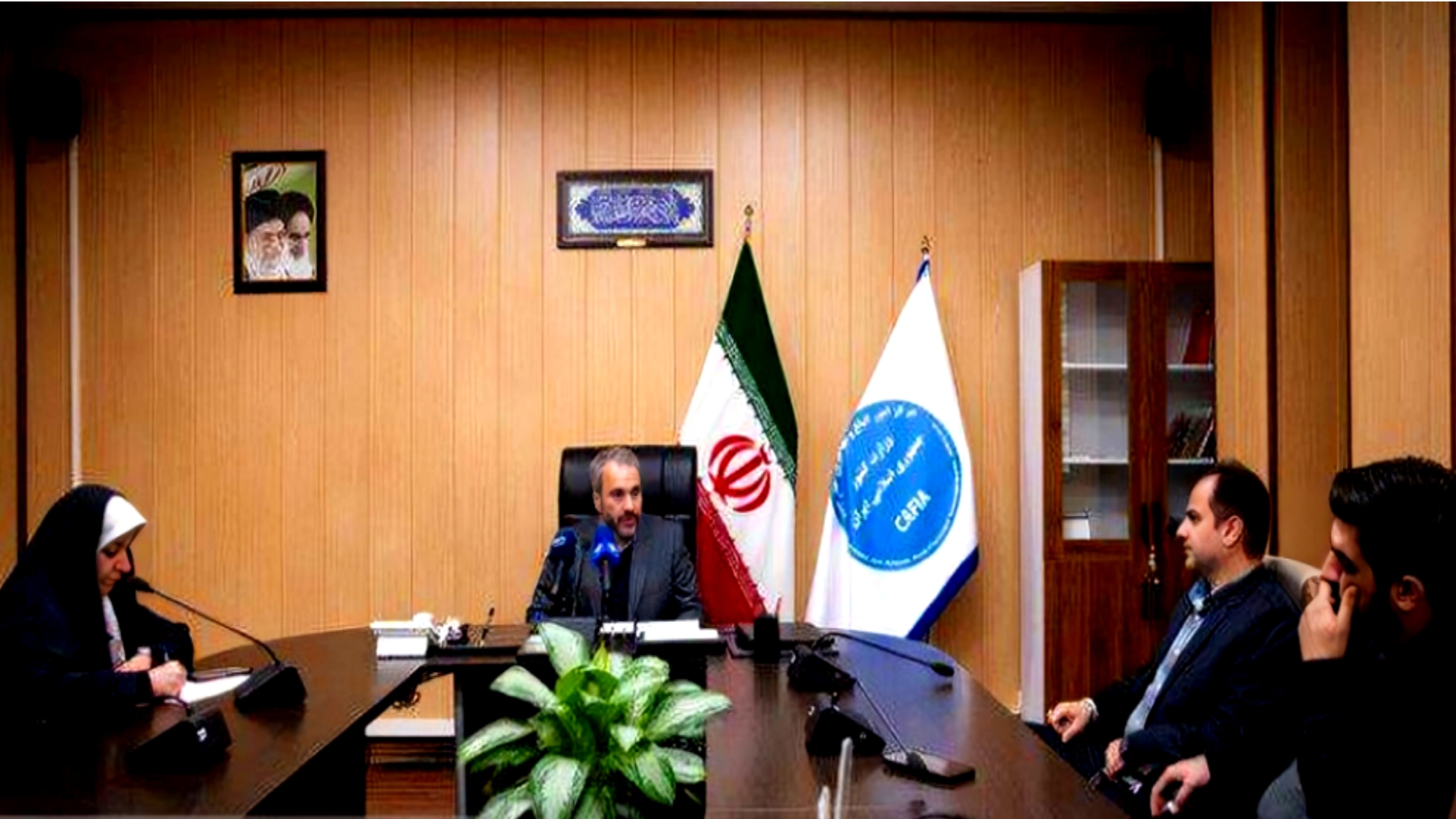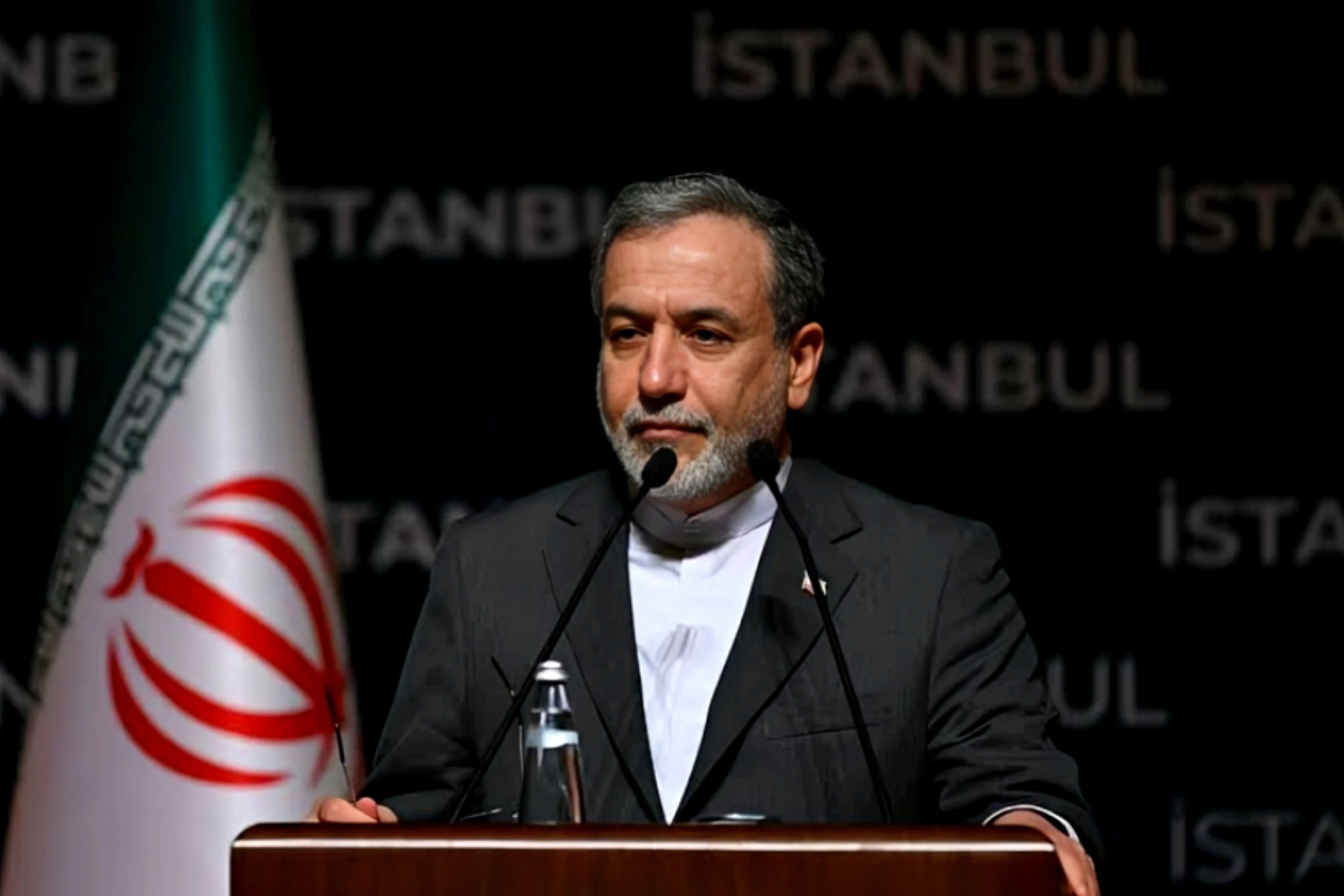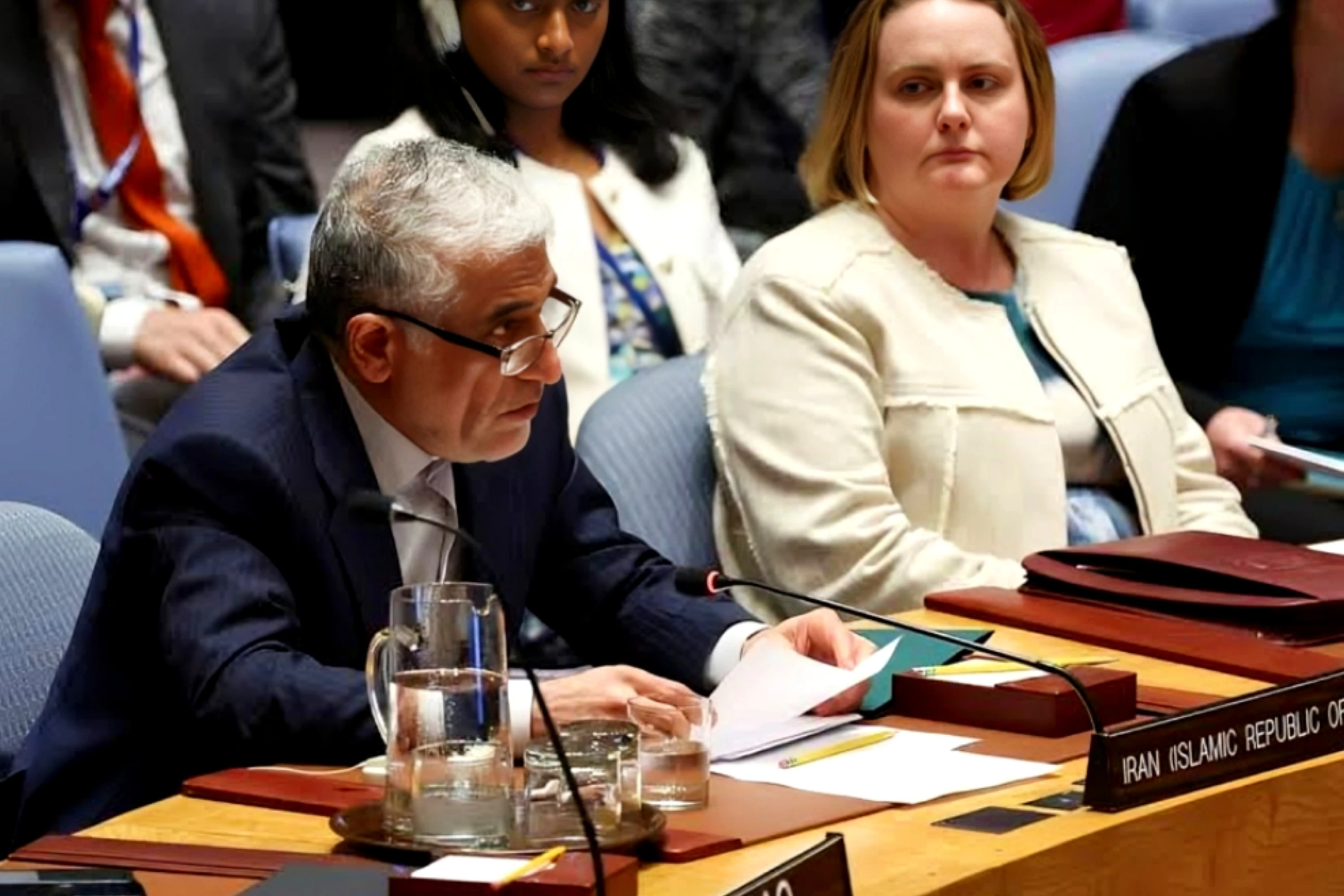Tehran: Iran’s Ministry of Interior, through its Bureau of Aliens and Foreign Immigrants Affairs (BAFIA), has announced that starting from the upcoming Persian calendar year (1404), only six specific categories of foreign nationals will be allowed to stay in the country. These selected groups will also be eligible for services such as health insurance and property transactions.
Nader YarAhmadi, the director-general of BAFIA, told ISNA News Agency that Iran has seen an overwhelming influx of Afghan refugees, making border control increasingly difficult.
According to YarAhmadi, all Afghan refugees in Iran have been registered, and those without registration documents will be considered “illegal.” He warned that unregistered refugees would be denied access to education, healthcare, and insurance services.
Following the registration process, YarAhmadi outlined six categories of Afghan refugees who will be allowed to remain in Iran, including married couples with residency documents, families with residency and registration documents, passport holders with expired visas, Afghans with work permits, former Afghan government officials, soldiers, and civil servants and registered Afghan refugees seeking legal residency.
Additionally, YarAhmadi stated that Afghan families with school-going children who do not fall into these categories may apply for sponsorship at the Kafalat Office to remain in Iran until their children complete their education.
From the start of the 1404 Persian calendar year, only foreign students with valid passports and residency permits will be allowed to continue their education in Iran. Those without legal documents will be denied access to education, medical services, and even rental housing.
According to Iranian officials, Afghan refugees make up 90% of the foreign population in Iran, with most living without legal documentation. The United Nations High Commissioner for Refugees (UNHCR) reported that since the Taliban regained power in August 2021, around eight million Afghans have fled their country, with 85% of them settling in neighboring countries, especially Iran.
While Iranian authorities claim that nearly six million Afghan refugees reside in the country, UNHCR estimates place the number at 4.5 million.








